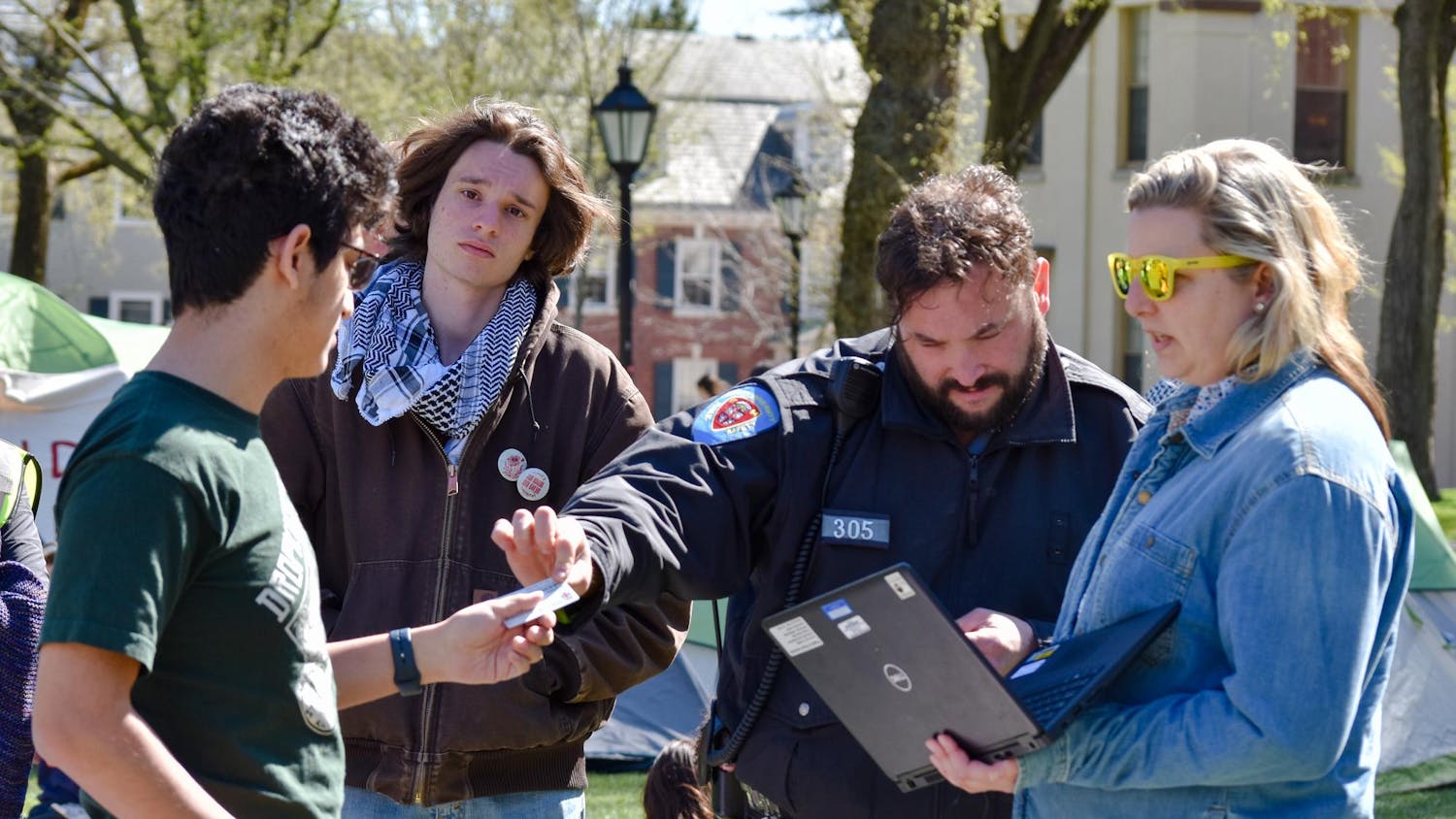Following the hiring of ombudsperson Ruth Rosenberg last semester, the Faculty Executive Committee has begun discussing whether to expand the part-time position to a full-time one, according to recent meeting minutes.
The ombudsperson position was a "victim of the financial crisis," said Harold Roth, member of the FEC and professor of religious studies. Roth chaired the committee that hired Rosenberg, who filled the position after a two-year vacancy.
If the position were made full-time, the Ombuds Office funds would move from the president's special account to the University budget, Roth said. When Rosenberg was hired, then-President Simmons provided funds for the office for three years, he said.
"The Ombuds Office has had more visits in the last six months, including over the summer, than the last ombudsperson had in one year," Rosenberg said, adding that she was unsure whether her workload has been affected by the fact that there had not been an ombudsperson for so long.
In 2008, University ombudsperson Flora Keshgegian declined an offer to make her position permanent. Soon after that, the University implemented a hiring freeze that put the search for a new ombudsperson on hold until last semester, The Herald reported at the time.
But a series of conflicts between faculty members and departments prompted the University to resume the search for an ombudsperson, Roth said.
"People felt unfairly treated in the tenure process, and there were problems within departments," Roth said.
Expanding the ombudsperson position could lead to broadening the office's constituency to students.
The Ombuds Office could offer valuable conflict resolution management and training to students, Rosenberg said.
"The constituency would have to be proposed and discussed further," Roth said, adding that undergrads have many other outlets for conflict management like deans of student life.
"The committee seems in favor of expanding it," Roth said. "But right now there are too many factors to know for sure."
All other Ivy League institutions have full-time ombuds offices that serve their entire campuses with the exception of Yale, which rejected a proposal to create a college ombudsperson position last year.
The Ombuds Office at Brown currently provides assistance only to faculty and postdocs who have concerns about their work or problems affecting their work, such as issues with tenure, maternity leave and departmental conflicts, Rosenberg said.
"The important thing about an ombudsperson is that it's confidential, neutral, independent and informal," she said. "It's nice to have a place where you can go to just talk through your issues. There are very few places on campus where that can happen."
"Problems among faculty and departments are many, varied and very time-consuming. (An ombudsperson) is an invaluable position to have," Roth said, adding that the Ombuds Office could potentially save the University from lawsuits.
"It's great to have an impartial third party to help with the communication process," Roth said. "An ombudsperson can resolve problems before they become unresolvable."




